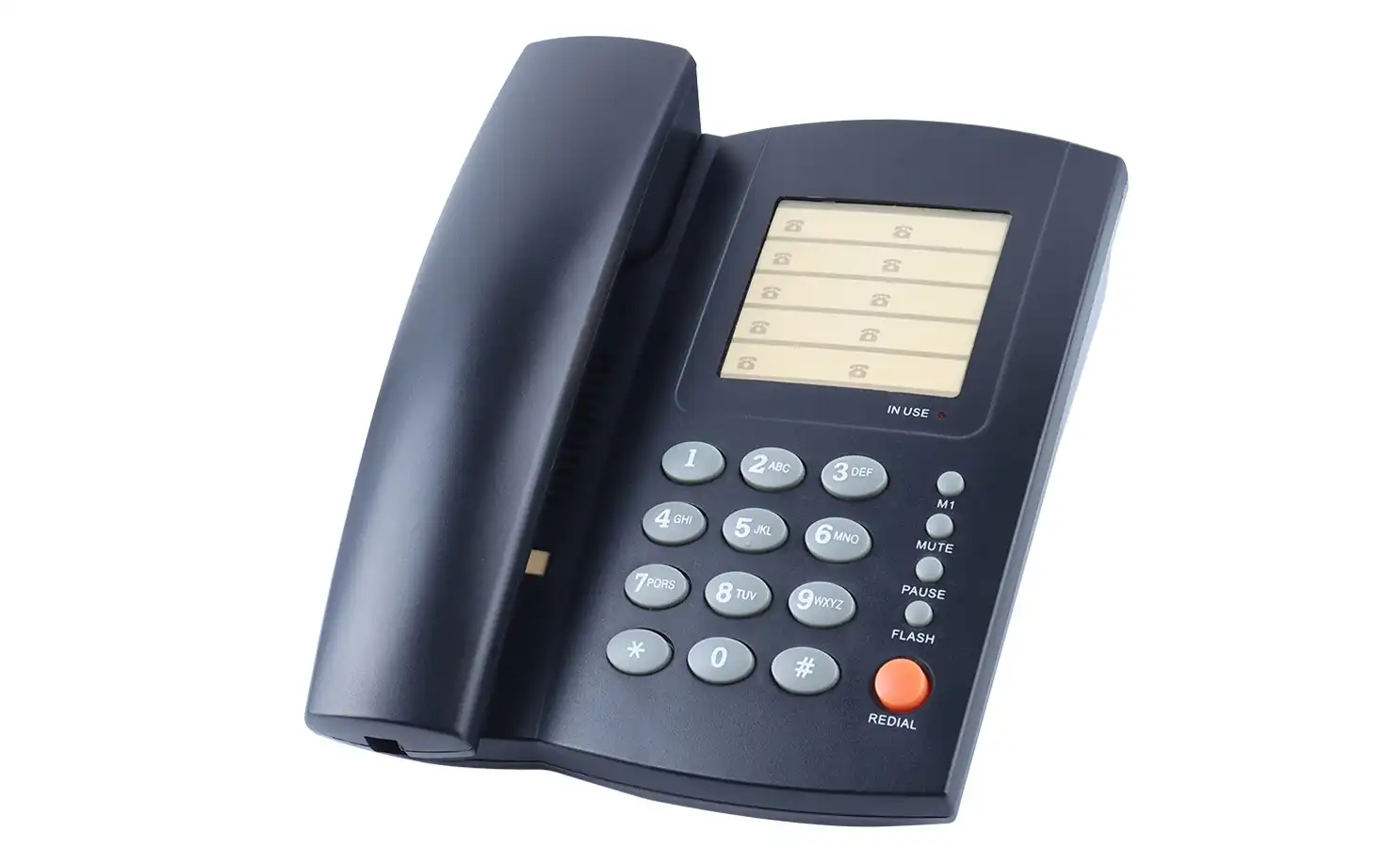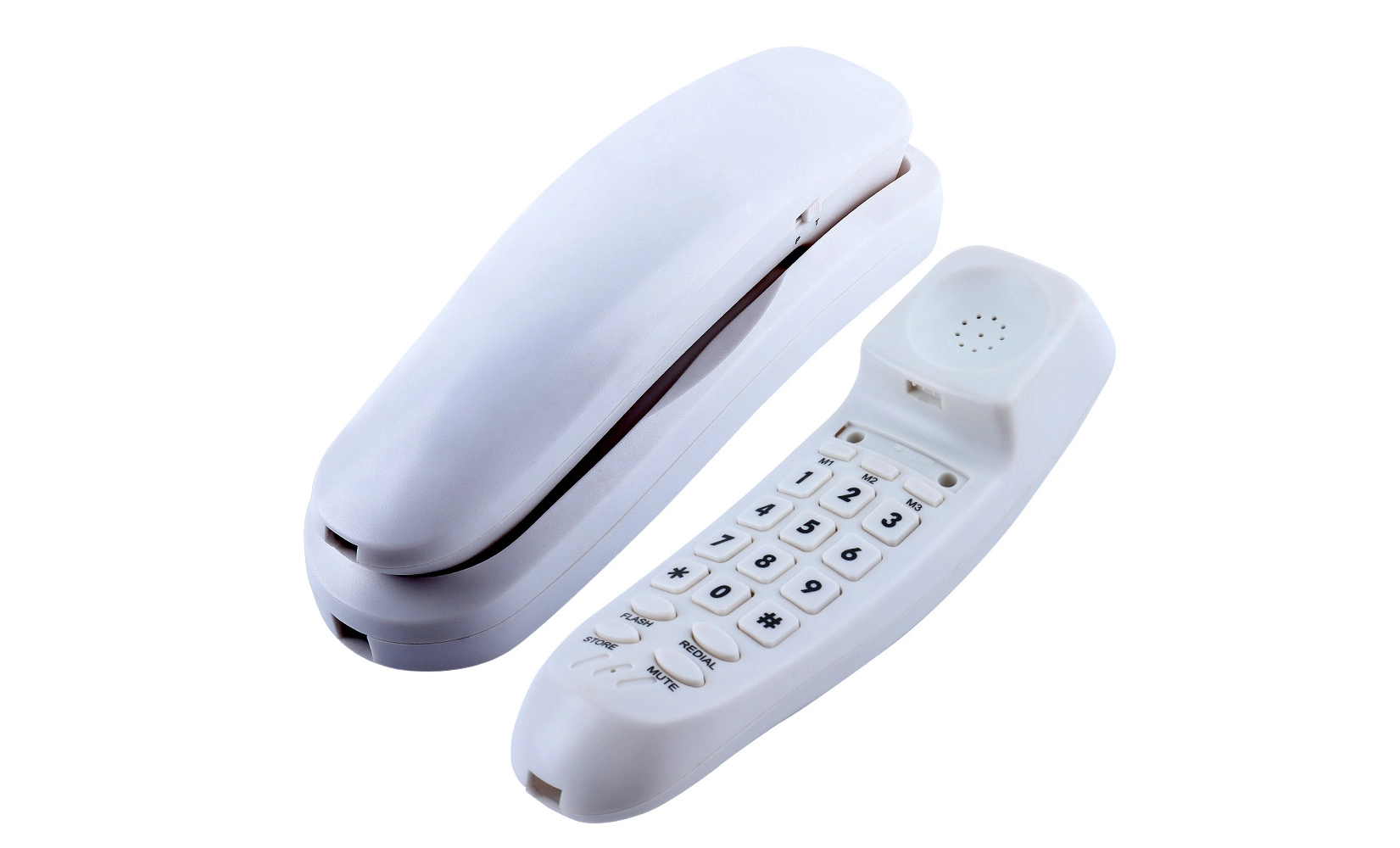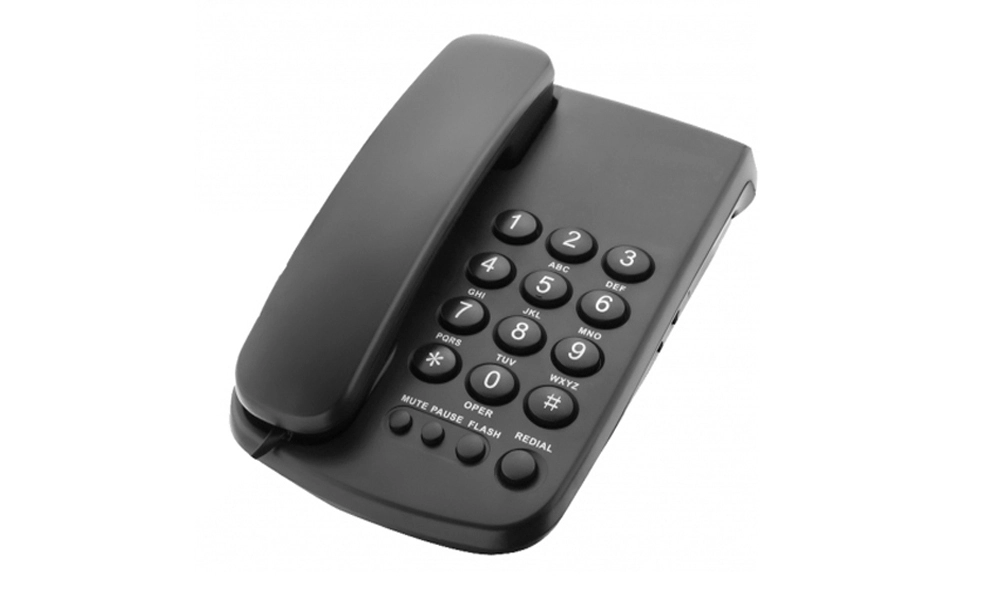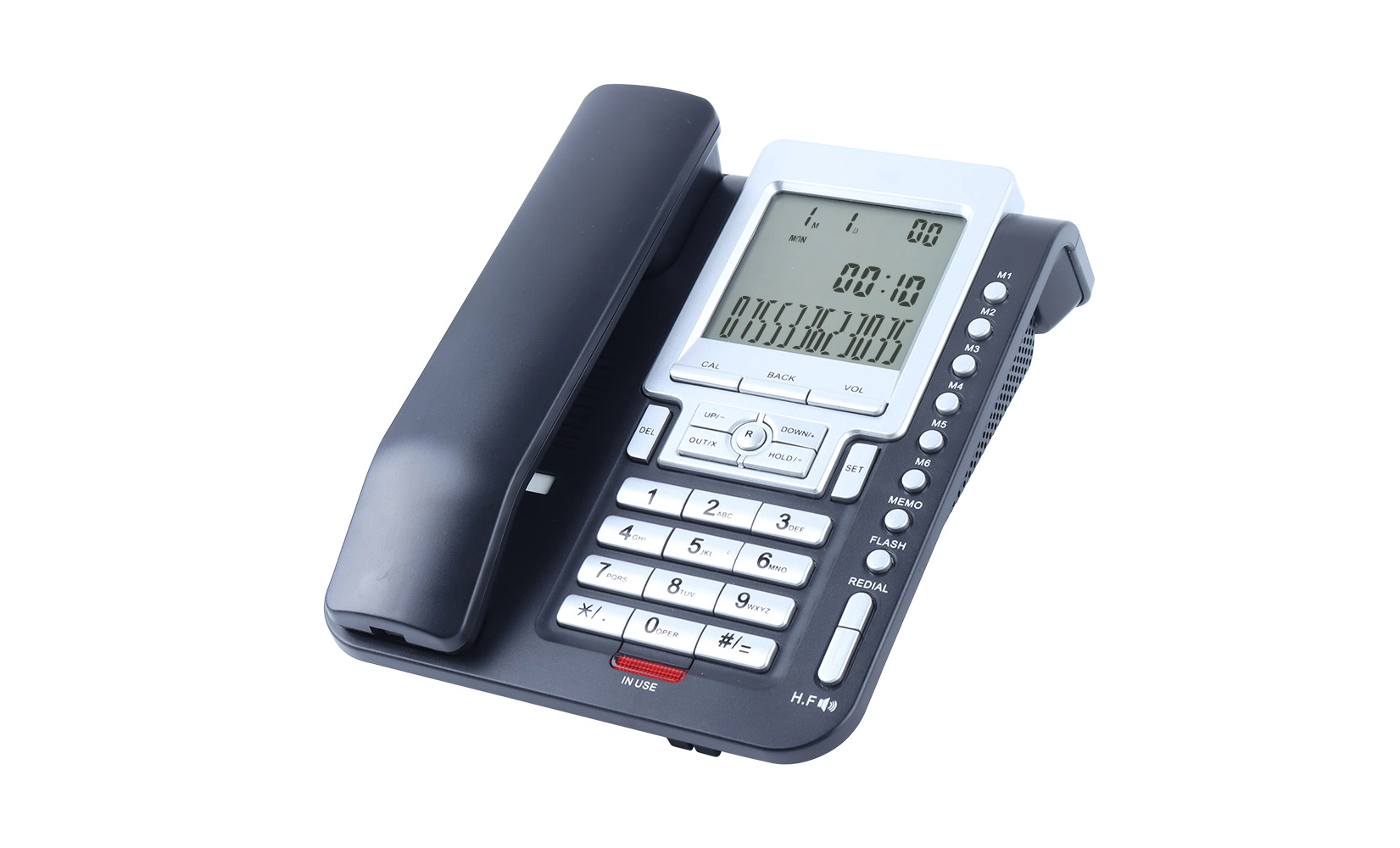The Enduring Appeal of Basic Home Landline Telephones
Despite the ubiquity of mobile phones, basic home landline telephones continue to play a vital role in many households. Their enduring appeal stems from several key factors that set them apart from their wireless counterparts.
Reliability and Emergency Preparedness
One of the most compelling reasons to maintain a basic home landline telephone is its unparalleled reliability during emergencies. Unlike mobile phones that rely on battery power and cellular networks, landline phones draw power directly from the telephone line. This means they remain operational during power outages, ensuring you can still make calls when other communication methods fail.
Moreover, emergency services can more easily pinpoint your location when you call from a landline, potentially saving crucial minutes in life-threatening situations. This reliability factor makes landline phones an essential component of any comprehensive emergency preparedness plan.
Superior Voice Quality and Clarity
Another significant advantage of basic home landline telephones is their superior voice quality. Landlines typically offer clearer, more consistent audio than mobile phones, which can suffer from signal interference, dropped calls, or poor reception. This clarity is particularly beneficial for individuals with hearing impairments or those who frequently engage in long conversations.
The stable connection provided by landlines also eliminates the frustrating delays or echoes sometimes experienced during mobile calls, making for more natural, fluid conversations.
Cost-Effective Communication Solution
For many households, especially those that make frequent long-distance calls, a basic home landline telephone can be a cost-effective communication solution. Many telephone service providers offer flat-rate plans for landlines, which can result in significant savings compared to per-minute mobile phone charges for long-distance or international calls.
Additionally, landline phones don't require regular upgrades or replacements like smartphones do, representing a one-time investment that can last for years with proper care.
Essential Features of Modern Basic Home Landline Telephones
While the core functionality of basic home landline telephones remains largely unchanged, modern models incorporate several features that enhance their usability and convenience.
Caller ID and Call Waiting
Caller ID has become a standard feature in most basic home landline telephones, allowing users to see the name and number of incoming callers before answering. This feature helps screen unwanted calls and provides valuable information about who's trying to reach you. Call waiting, another common feature, alerts you to incoming calls while you're already on the line, giving you the option to switch between calls or inform the new caller that you're busy.
Speakerphone and Conference Calling
Many modern landline phones come equipped with speakerphone functionality, enabling hands-free conversations. This feature is particularly useful for multi-tasking or when multiple people need to participate in a call. Conference calling capabilities allow you to connect multiple parties on a single call, making it easier to conduct business meetings or catch up with family members spread across different locations.
Answering Machine and Voicemail Integration
While standalone answering machines are becoming less common, many basic home landline telephones now incorporate built-in digital answering systems. These allow you to record personalized greetings and store messages directly on the phone. Some models also offer voicemail integration, connecting to your telephone service provider's voicemail system for centralized message storage and retrieval.
 Choosing the Right Basic Home Landline Telephone
Choosing the Right Basic Home Landline Telephone
Selecting the ideal basic home landline telephone involves considering various factors to ensure it meets your specific needs and preferences.
Corded vs. Cordless Models
One of the primary decisions when choosing a basic home landline telephone is whether to opt for a corded or cordless model. Corded phones offer the advantage of not requiring battery power, making them more reliable during extended power outages. They're also typically more affordable and offer clearer sound quality. Cordless phones, on the other hand, provide greater mobility within your home. Many cordless systems allow for multiple handsets connected to a single base station, enabling you to place phones in different rooms for added convenience.
Display and Button Size
Consider the size and clarity of the phone's display, especially if you have vision impairments. Look for models with large, high-contrast screens that clearly show caller information and menu options. Similarly, pay attention to the size and layout of the buttons. Phones with larger, well-spaced buttons can be easier to use, particularly for seniors or individuals with dexterity issues.
Additional Features and Expandability
While basic functionality is key, consider any additional features that might enhance your experience. These could include programmable speed dial buttons, intercom functionality between handsets, or the ability to block unwanted callers. If you anticipate needing multiple phones throughout your home, look for expandable systems that allow you to add compatible handsets in the future.
Conclusion
Basic home landline telephones continue to offer unique advantages in today's digital age. Their reliability, superior voice quality, and cost-effectiveness make them a valuable addition to many households. By understanding the key features and considerations outlined in this guide, you can make an informed decision about incorporating a landline phone into your home communication setup. Whether as a primary means of communication or a backup for emergencies, a well-chosen basic home landline telephone can provide peace of mind and clear connections for years to come.
FAQ
Are landline phones becoming obsolete?
While mobile phones are prevalent, landlines remain relevant for their reliability and clarity.
Do I need a special phone line for a landline?
Yes, you need a telephone line service from a provider.
Can I keep my landline number if I move?
In many cases, yes. Check with your service provider for details.
Are landline phones secure?
Landlines are generally considered more secure than wireless communications.
Can I use a landline phone during a power outage?
Most corded landline phones will work during power outages, as they're powered by the phone line.
The Essential Guide to Basic Home Landline Telephones | CHEETA
At CHEETA, we understand the enduring value of basic home landline telephones. As a professional analog telephone manufacturer with over 18 years of experience, we specialize in crafting reliable, feature-rich landline phones. Our state-of-the-art 1,200㎡ factory in Shenzhen, equipped with 100+ skilled workers and 10 senior engineers, ensures top-quality production of 1,000 analog units daily. We pride ourselves on our rigorous 11-step inspection process, maintaining a failure rate below 1%. For businesses seeking dependable landline solutions, our OEM/ODM services offer customization options to meet your specific needs. Experience the CHEETA difference in landline communication. Contact us at allen@cheeta.com.cn to explore our product range and tailored solutions.

References
1. Smith, J. (2022). "The Resilience of Landline Telephones in the Digital Age". Telecommunications Quarterly, 45(2), 112-128.
2. Johnson, A. & Brown, L. (2021). "Emergency Communication: The Critical Role of Landlines". Journal of Disaster Preparedness, 17(3), 305-320.
3. Garcia, M. (2023). "Comparative Analysis of Voice Quality: Landline vs. Mobile Phones". IEEE Communications Magazine, 61(5), 78-85.
4. Wilson, R. (2022). "Cost-Benefit Analysis of Maintaining Landline Services in Modern Households". Consumer Economics Review, 33(4), 412-428.
5. Lee, S. & Park, H. (2023). "Evolving Features in Basic Home Telephone Systems: A Market Trend Analysis". International Journal of Consumer Electronics, 29(2), 189-205.
 In an era dominated by smartphones and digital communication, the humble
In an era dominated by smartphones and digital communication, the humble 




